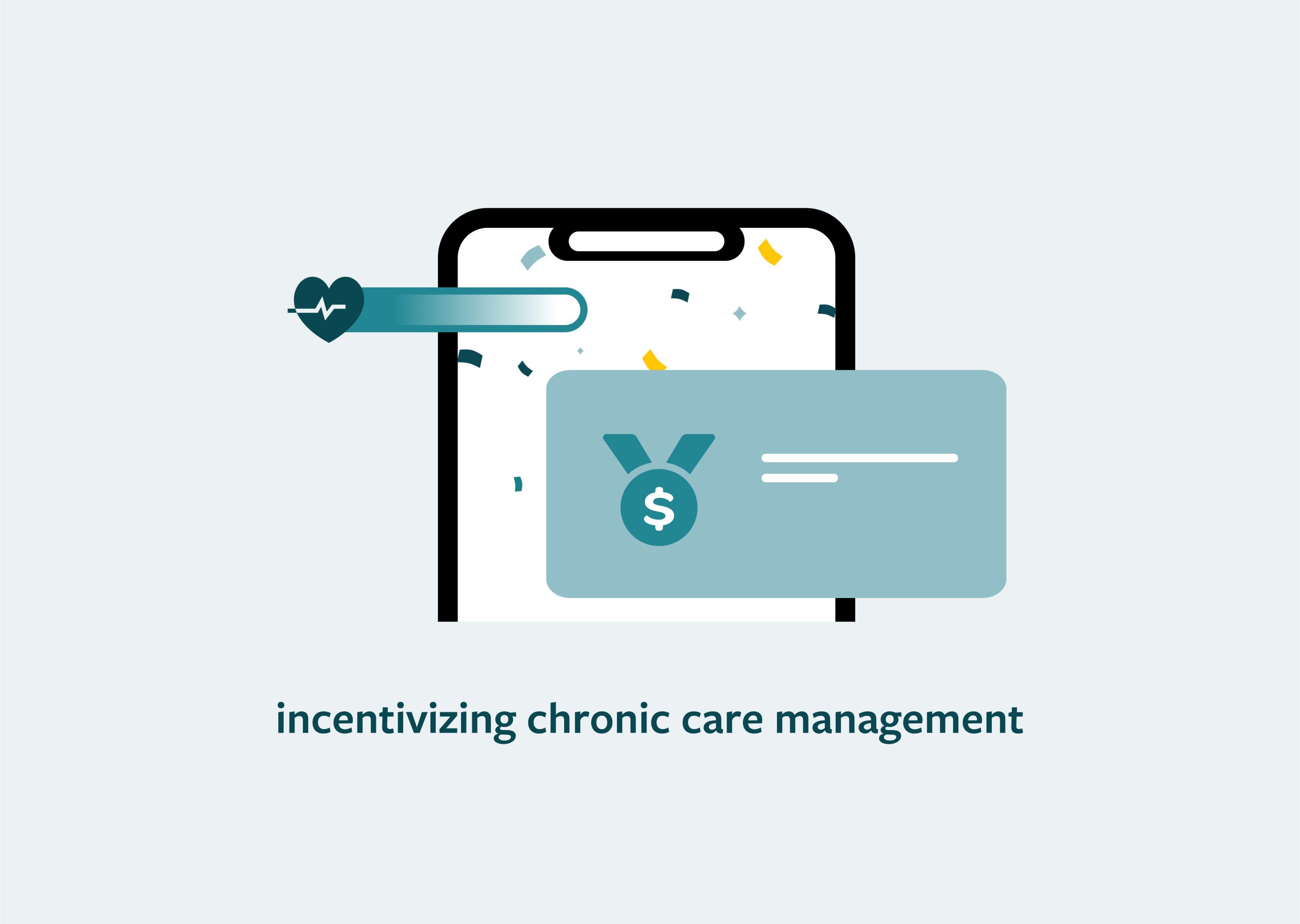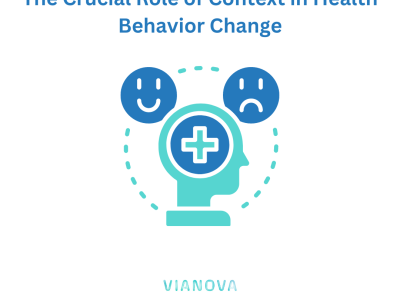
Financial Incentives and Adherence: Can Behavioral Economics Improve CCM?
Chronic Care Management (CCM) programs play a crucial role in helping individuals with chronic illnesses manage their conditions effectively. However, one persistent challenge in CCM is ensuring patient adherence to treatment plans. Behavioral economics offers a promising avenue to address this challenge through the use of financial incentives. In this article, we will analyze the effectiveness of using financial incentives in CCM programs to encourage individuals with chronic illnesses to adhere to their treatment plans. We will also highlight studies that showcase how principles like reward framing and timing can enhance patient engagement.
The Role of Financial Incentives in CCM
Financial incentives, in the form of rewards or monetary compensation, are designed to motivate individuals to modify their behavior in ways that align with their healthcare goals. In the context of CCM, these incentives can be used to encourage patients to adhere to treatment plans, medication regimens, lifestyle changes, and regular medical appointments. Here are some key points to consider:
Motivation Enhancement: Financial incentives can provide an immediate and tangible reward for adhering to treatment plans, which can boost patient motivation, especially when the long-term benefits of adherence may not be immediately apparent.
Behavioral Economics Principles: The effectiveness of financial incentives in CCM is closely tied to behavioral economics principles. Two critical aspects are reward framing and timing.
Reward Framing: How incentives are framed can significantly impact patient engagement. For instance, framing a reward as a loss aversion (avoiding a penalty for non-adherence) or as a gain (receiving a bonus for adherence) can influence patient behavior.
Reward Timing: The timing of incentives matters as well. Immediate rewards tend to be more effective than delayed rewards, as individuals often discount future benefits in favor of immediate gains.
Studies and Evidence
Several studies have examined the use of financial incentives in CCM programs and their impact on patient adherence:
1. The Diabetes Prevention Program (DPP): This landmark study demonstrated that financial incentives, framed as rewards for achieving weight loss and exercise goals, significantly increased adherence to lifestyle changes among individuals at risk for type 2 diabetes. The immediate rewards provided a powerful motivator for participants.
2. Medication Adherence Interventions: Various studies have explored the use of financial incentives to improve medication adherence among patients with chronic conditions such as hypertension and HIV. Incentives in the form of cash rewards or reduced healthcare costs have shown positive effects on adherence rates.
3. Quality Improvement Programs: Health systems and insurers have implemented quality improvement programs that incorporate financial incentives for healthcare providers based on patient outcomes and adherence rates. These programs have demonstrated improvements in patient care and outcomes.
Financial incentives have the potential to significantly enhance patient engagement and adherence in Chronic Care Management programs. Behavioral economics principles, such as reward framing and timing, can be harnessed to maximize the impact of these incentives. While financial incentives are a promising tool, it’s essential to design CCM programs carefully, considering individual patient needs and preferences, to ensure that incentives effectively support long-term behavior change. As the healthcare landscape continues to evolve, the integration of behavioral economics into CCM offers exciting opportunities to improve the well-being of individuals living with chronic illnesses.



FEEL FREE TO DROP US A LINE.